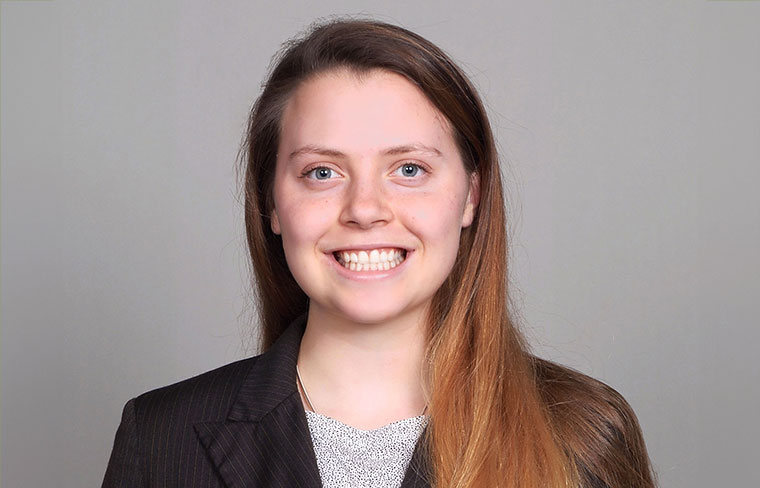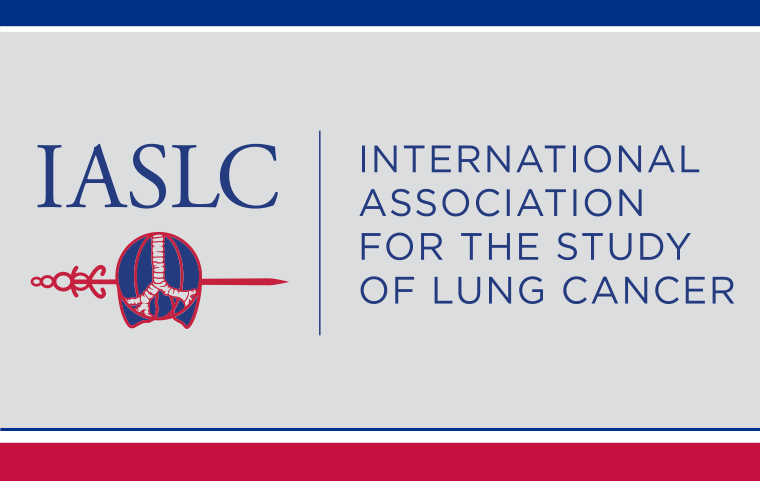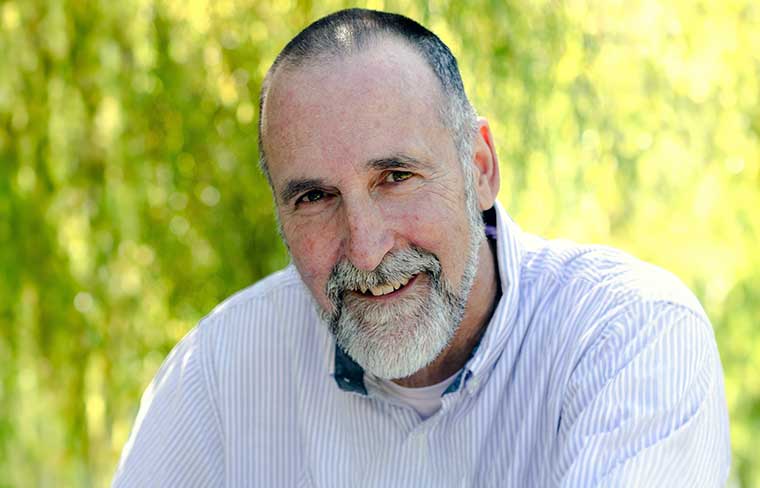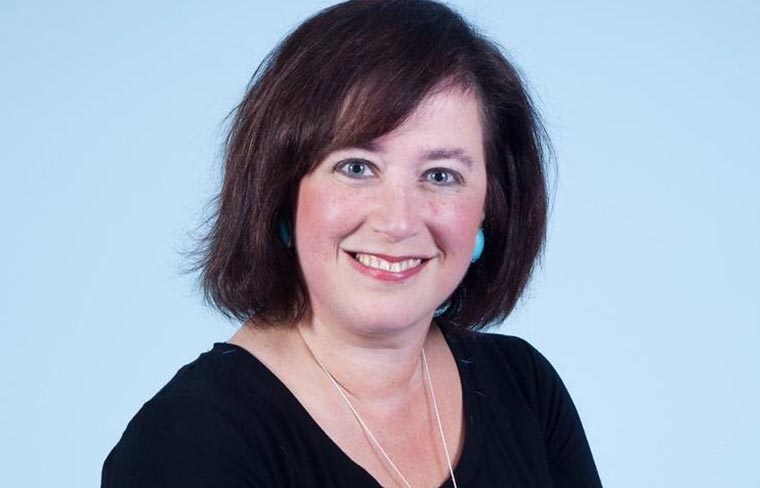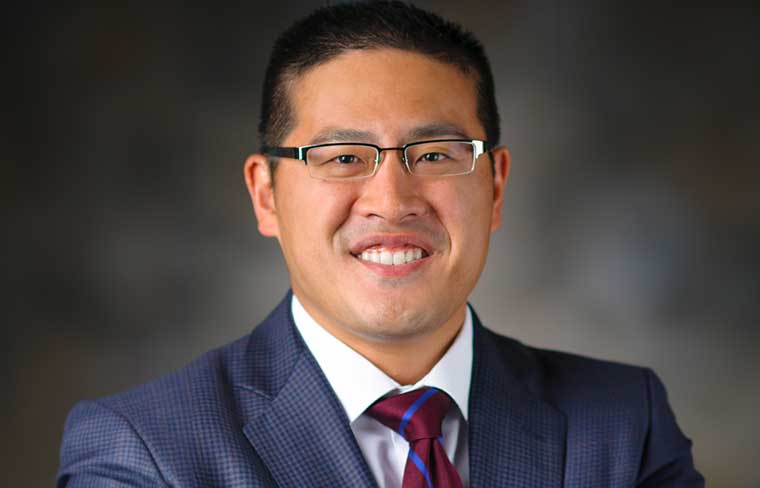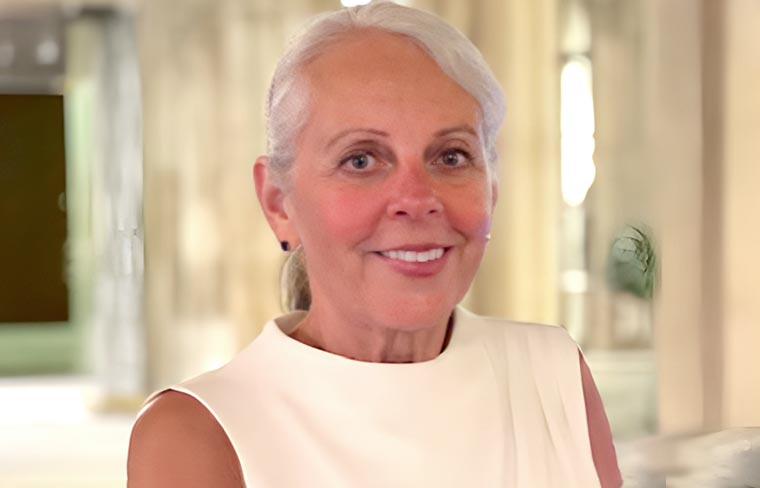-
Interim NADIM ADJUVANT Data Suggest Adjuvant Chemo-IO May Reduce Recurrence Risk in Patients Following Complete Resection
-
Final FLAURA2 OS Data Show Osimertinib Plus Chemo Offers Benefit Compared with Monotherapy
-
Potential Impact of GLP1-RAs on TKI-induced Weight Gain in Patients with NSCLC
-
No “Known” Risk Factors: The Health Consequences of Radiation Therapy
-
Discussion Covered Updates, Strategies, and Controversies in Lung Cancer Staging
-
No PFS, OS Benefit Seen in Final Results from PACIFIC-2
-
WCLC Attendees Hear Preview of Proposed Changes for the 9th Edition of the TNM Staging Classification for Thoracic Cancers
-
Treatment of Immunotherapy-Related Dermatologic Toxicities: An Interview with Dr. Mario Lacouture
-
A Holistic Approach to Patient Care
2023
-
Modified Lung Cancer Screening Eligibility Requirements May Reduce Racial Disparities in Lung Cancer Screening, Treatment
According to research presented during the North America Conference on Lung Cancer, moving away from pack-years of smoking history to duration of smoking history would increase the number of Black patients who qualify for screening to a rate comparable to that of white patients.
-
Mesothelioma Patients Experienced Higher Levels of Toxicity on CheckMate743 Regimen Than Reported in Clinical Trials
Dr. Ned McNamee said the RIOMeso study is the first detailed report of real-world outcomes in Australian patients undergoing ipi + nivo treatment for pleural meso.
-
IASLC Announces Partnerships to Spur Oncogene-Driven Lung Cancer Research, Address Global Challenges in Conquering Thoracic Cancers
The initiatives include a $2.5 million, 4-year research grant and projects to improve lung cancer biomarker testing uptake around the world.
-
Patient Advocacy in 2023: A Look Back at Advocacy Efforts, Patient Concerns
Patient research advocate Angus Pratt reflects on the past year of advocacy coverage in ILCN and how the movement has evolved in recent years.
-
Proposed Criteria for Tumor Invasion Align with Clinical Factors, Offer Better Predictability, Study Finds
Researchers evaluating the clinical significance of IASLC-proposed criteria found the recommendations better align with clinicopathologic risk factors and improve prognostication.
-
IASLC Calls For Documentation of Tobacco Use in Cancer Clinical Trials
The association recommends collecting data on tobacco use status to advance knowledge on the impacts of tobacco smoke in the context of cancer clinical trials.
-
Patient Perspective: Patients With EGFR+ NSCLC May Still Opt for Quality Over Quantity After FLAURA2
In light of recent data from the study of osimertinib with or without chemotherapy, patient advocate Ivy Elkins said the results may sway some to add chemo to their first-line treatment plan. However, for others, the impact on quality of life will not be worth it.
-
Transporting Real-World Evidence Between Countries—Ready to Beam Aboard?
When novel agents demonstrate high rates of durable treatment response but comparative outcome data with standard treatments are lacking, it is important to have methods to translate those treatments to different settings.
-
Data Support IMRT as Standard of Care for Locally Advanced NSCLC
During the 2023 World Conference on Lung Cancer, Dr. Stephen Chun said long-term data show intensity-modulated radiation therapy offers an overall survival benefit and reduced toxicity compared to 3D conformal radiation therapy.
-
Media Training Improves Advocacy Reach, Increases Lung Cancer Awareness
LungCAN Co-Chair Dusty Donaldson says training program helped just two advocates reach more than 630 million people in 32 states and five countries.







